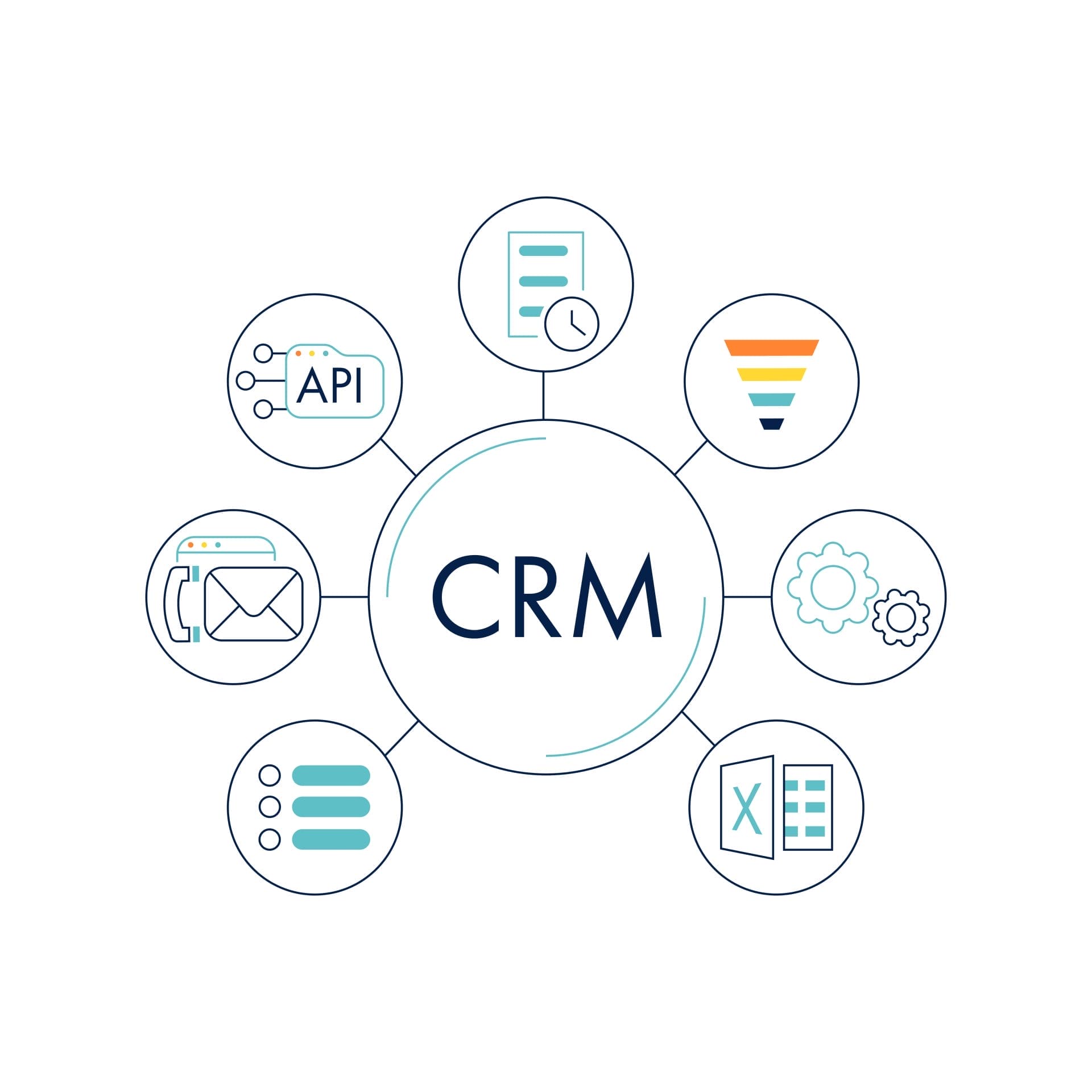Blog
The Ultimate Guide to CRM Consulting: Strategies for Business Growth by Lumen NZ
Ilan Gross
20 February 2024
Introduction
CRM (Customer Relationship Management) consulting has emerged as a cornerstone for businesses aiming to enhance their customer engagement, streamline operations, and boost growth. This comprehensive guide dives deep into the essence of CRM consulting, offering insights, strategies, and practical advice for leveraging CRM to its fullest potential.
Read Our Case Studies

CRM Consulting: Your Gateway to Enhanced Customer Relationships
At its core, CRM consulting focuses on helping businesses improve their management of customer relationships. It involves analysing customer interactions and data throughout the customer lifecycle, with the goal of improving business relationships with customers, assisting in customer retention, and driving sales growth.
The Role of CRM Consultants: Architects of Customer Success
CRM consultants act as the architects of your customer success strategy. They bring a wealth of knowledge and experience, providing tailored advice on choosing and implementing the right CRM system that aligns with your business objectives.
Understanding CRM Systems: The Heartbeat of Customer Engagement
CRM systems are not just about technology; they are the heartbeat of customer engagement strategies. They consolidate customer information into a single database, enabling easy access to data and facilitating improved customer service, sales, and marketing efforts.

Evaluating Your CRM Needs: A Step-by-Step Guide
Evaluating your CRM needs is the first step towards a successful CRM strategy. This involves:
1. Understanding your customer journey
2. Identifying key touchpoints
3. Recognising the areas where CRM can deliver the most value.
Choosing the Right CRM Platform: What You Need to Know
The market is flooded with CRM platforms, each offering a unique set of features. Choosing the right one requires a clear understanding of your business needs, scalability, and integration capabilities.
The Strategic Implementation of CRM: Beyond Software Installation
Implementing a CRM system goes beyond mere software installation. It requires strategic planning, including data migration, user training, and the establishment of processes that ensure the CRM aligns with your business goals.
Driving User Adoption: Key to CRM Success
User adoption is critical to the success of any CRM project. Strategies to drive adoption include providing comprehensive training, demonstrating the value of the CRM, and integrating the CRM into daily workflows.
Leveraging CRM for Marketing: A Game Changer
CRM systems offer powerful tools for marketing, from segmenting customers to tracking the effectiveness of marketing campaigns. Leveraging these tools can significantly enhance your marketing efforts and ROI.
Sales Optimisation through CRM: Closing More Deals
CRM systems provide sales teams with the tools they need to manage leads, opportunities, and customer interactions more effectively. This optimisation can lead to more closed deals and increased revenue.
Enhancing Customer Service with CRM: Building Loyalty
CRM systems enable businesses to provide superior customer service by offering a 360-degree view of the customer, facilitating faster response times, and personalising customer interactions.

CRM and Data Analytics: Insights into Customer Behaviour
One of the most powerful features of CRM systems is their ability to provide insights into customer behaviour. This data can be used to make informed business decisions, tailor marketing strategies, and improve product offerings.
Integrating CRM with Other Systems: A Unified Approach
For CRM systems to deliver maximum value, they must be integrated with other business systems, such as email, ERP, and e-commerce platforms. This integration creates a unified approach to customer management.
The Future of CRM Consulting: Trends and Innovations
The field of CRM consulting is constantly evolving, with new trends and innovations emerging regularly. Staying ahead of these trends is crucial for businesses looking to maintain a competitive edge.
Measuring the Success of Your CRM Strategy: Key Metrics and KPIs
Measuring the success of your CRM strategy is essential for continuous improvement. Key metrics and KPIs include customer satisfaction scores, sales metrics, and marketing campaign effectiveness.
Overcoming Challenges in CRM Consulting: Common Pitfalls and Solutions
Implementing a CRM strategy is not without its challenges. Common pitfalls include resistance to change, data quality issues, and underestimating the importance of ongoing support and training.
CRM Consulting Case Studies: Real-World Success Stories
Real-world case studies of successful CRM consulting projects can provide valuable insights and inspiration for businesses considering a CRM strategy.
Conclusion
CRM consulting represents a strategic investment in the future of your business, offering a pathway to enhanced customer relationships, streamlined operations, and accelerated growth. By understanding the fundamentals of CRM consulting and adopting a strategic approach to CRM implementation, businesses can unlock their full potential and achieve long-lasting success.
FAQ
What is CRM consulting?
CRM consulting involves professional services that help businesses implement and optimise their customer relationship management (CRM) strategies to improve customer engagement and drive growth.
How do I choose the right CRM consultant?
Look for consultants with proven experience in your industry, a strong track record of successful CRM implementations, and the ability to understand and align with your business goals.
Can CRM consulting help small businesses?
Absolutely. CRM consulting can provide tailor-made solutions that fit the unique needs and budgets of small businesses, helping them to compete more effectively in their markets.
What is the cost of CRM consulting?
The cost of CRM consulting varies widely depending on the scope of the project, the size of the business, and the complexity of the CRM system being implemented.
How long does it take to implement a CRM system?
The time frame for CRM implementation can vary from a few weeks to several months, depending on the complexity of the project and the readiness of the business.
Ready to transform your Business?
Contact Lumen Business today to learn how our CRM strategies can drive drive results for your business.

Ilan Gross

